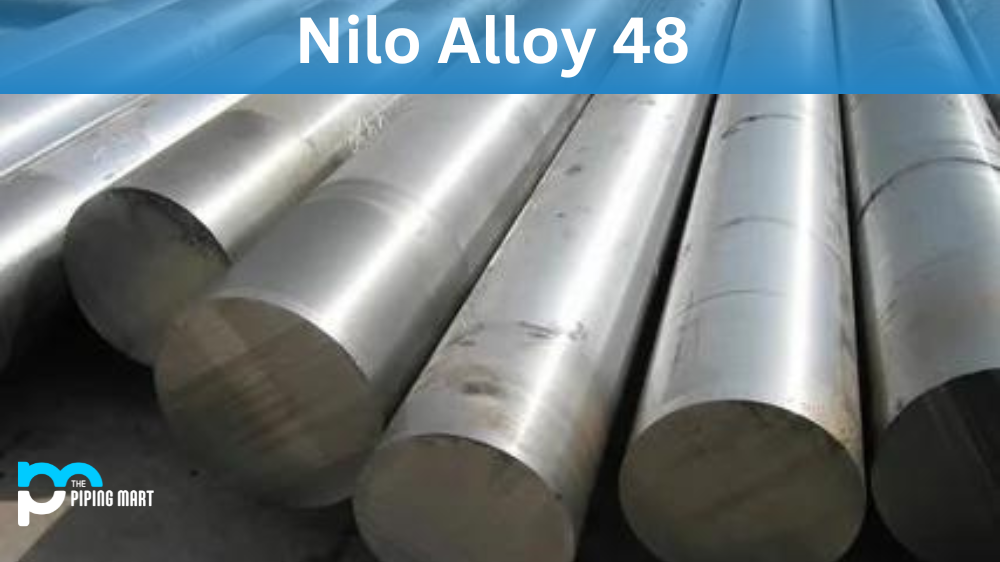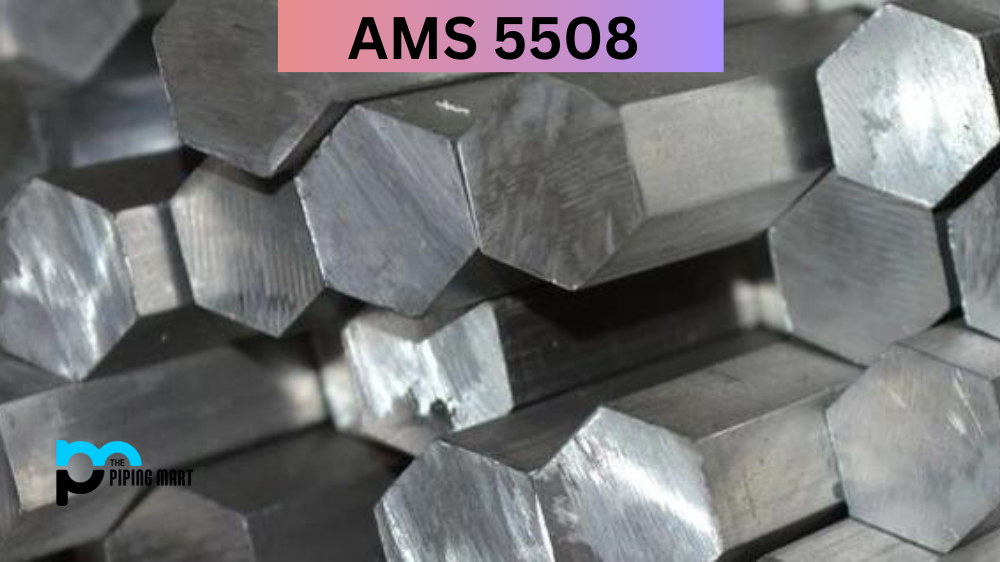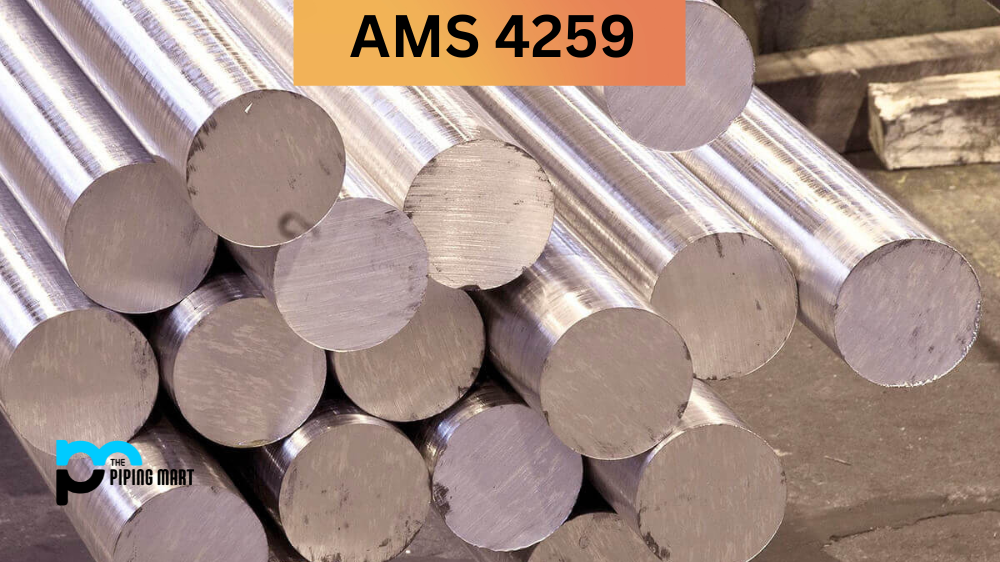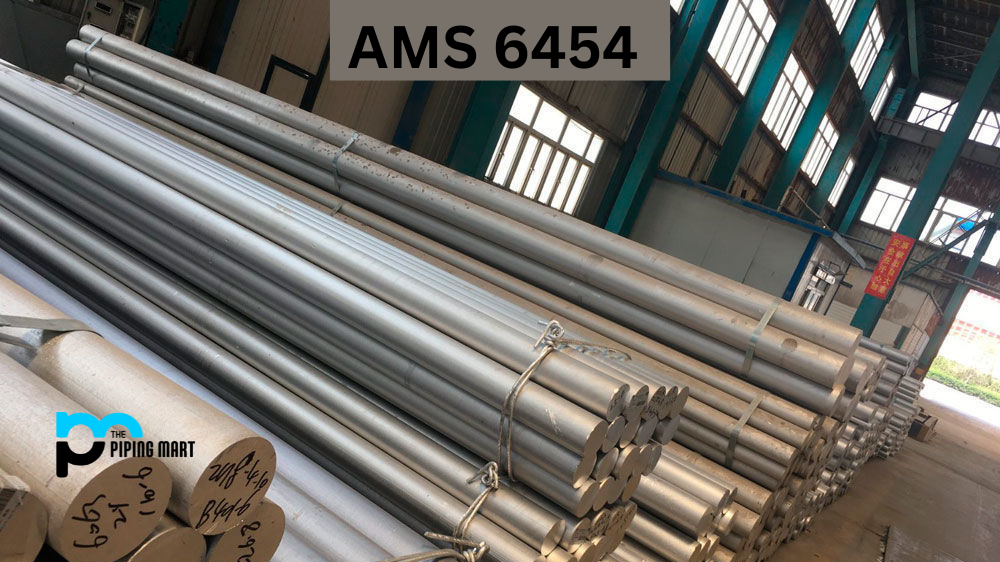Nilo Alloy 48 is an iron-nickel alloy that has a wide range of uses. It is corrosion-resistant, has excellent mechanical and thermal properties, and is easy to work with. It can be used for various applications, such as fasteners, valves, pumps, and more. Let’s take a closer look at this unique alloy to understand why it’s so popular.
Nilo Alloy 48 Composition
Nilo Alloy 48 is composed of 79% nickel and 21% iron by weight. The composition also includes trace amounts of manganese, carbon, phosphorus, and sulfur. This unique combination helps give the alloy its outstanding properties.
| Element | Content (%) |
|---|---|
| Iron, Fe | 49 |
| Nickel, Ni | 48 |
| Others | Remainder |
Nilo Alloy 48 Mechanical Properties
One of the most impressive features of Nilo Alloy 48 is its strength and durability. The alloy has an ultimate tensile strength of 90 ksi (620 MPa), making it one of the strongest alloys available on the market today. Additionally, it has a yield strength of 50 ksi (345 MPa). This makes it ideal for applications that require high levels of strength and durability.
| Properties | Metric | Imperial |
|---|---|---|
| Tensile strength | 520MPa | 75.4 ksi |
| Yield strength | 260 MPa | 37.7 ksi |
| Modulus of elasticity | 160 GPa | 23200 ksi |
Nilo Alloy 48 Physical Properties
In addition to its impressive mechanical properties, Nilo Alloy 48 also offers excellent physical properties. For example, it has a melting point of 1125°C (2057°F) and can easily be formed into complex shapes due to its ductility and malleability. Furthermore, it has good electrical and thermal conductivity, making it suitable for electrical components or devices where heat transfer needs to be managed effectively.
| Properties | Metric | Imperial |
|---|---|---|
| Density | 8.20 gm/cm3 | 0.296 lb/in3 |
Nilo Alloy 48 Equivalent
- UNS K94800
- ASTM F30
- DIN 17745
- AFNOR NF A54-301.
Nilo Alloy 48 Uses
Due to its impressive mechanical and physical properties, Nilo Alloy 48 is used in various industries, including aerospace engineering, automotive manufacturing, oil & gas production, and industrial applications such as valves and fasteners where strength and corrosion resistance are required. Additionally, it is easy to form complex shapes without compromising strength or performance characteristics. It is ideal for intricate parts that would otherwise be difficult or impossible to manufacture out of other materials, such as stainless steel or aluminium alloys.
Conclusion
As you can see from this overview of Nilo Alloy 48’s composition, mechanical properties, physical properties, and uses, this versatile alloy provides superior performance in various industries. Its high strength, corrosion resistance, flexibility, malleability, electrical conductivity, and thermal conductivity make it an ideal material for any application where these qualities are desired. If you are looking for an alloy that offers superior performance while still being cost-effective, then Nilo Alloy 48 may be just what you need.
Sakshee is a talented blogger, with a particular focus on the Business and Metal Industry. She is passionate about sharing her insights on various metal products and helping professionals to make a better decisions.




